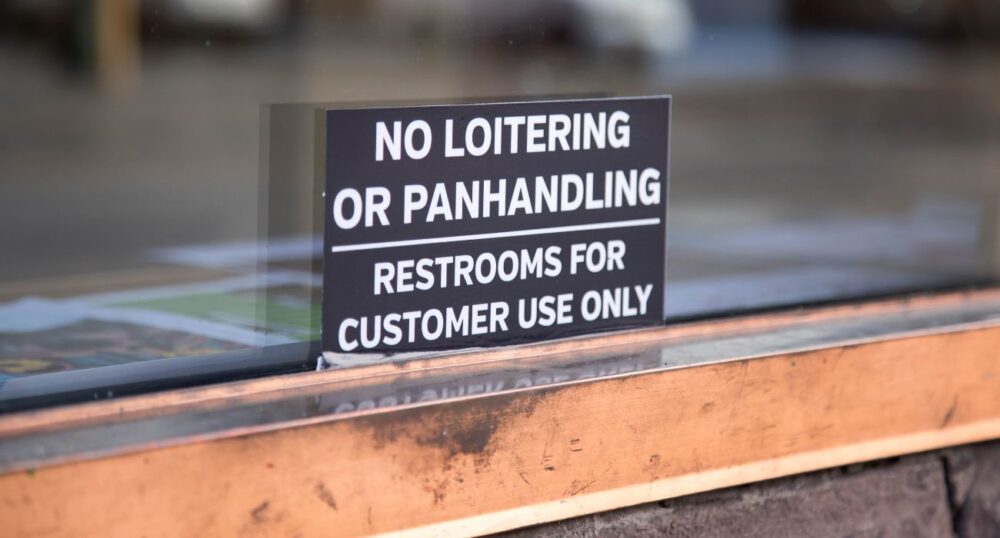The Supreme Court issued a ruling on Friday that will untie the hands of municipalities trying to deal with their homelessness and vagrancy crises.
Polling conducted by The Dallas Express shows that roughly 75% of Dallas residents think homelessness, vagrancy, and aggressive panhandling are “major” problems in the City. Respondents also appeared to generally support the homeless services model used in San Antonio — Haven for Hope. The model has been credited with a 77% reduction in unsheltered homelessness in San Antonio’s downtown area.
Here is some of what Andrew Chung reported on the ruling for Reuters:
The justices ruled 6-3 to overturn a lower court’s decision that found that enforcing the ordinances in the city of Grants Pass when no shelter space is available for the homeless violates the U.S. Constitution’s Eighth Amendment prohibition on “cruel and unusual” punishments. Various jurisdictions employ similar laws.
The court’s conservative justices were in the majority, while its three liberal members dissented.Justice Neil Gorsuch, who authored the ruling, wrote, “Homelessness is complex. Its causes are many. So may be the public policy responses required to address it. At bottom, the question this case presents is whether the Eighth Amendment grants federal judges primary responsibility for assessing those causes and devising those responses. It does not.”Homelessness remains a multifaceted problem for public officials in the United States as many municipalities experience chronic shortages of affordable housing. On any given night, more than 600,000 people are homeless, according to U.S. government estimates.“Yes, people will disagree over which policy responses are best; they may experiment with one set of approaches only to find later another set works better; they may find certain responses more appropriate for some communities than others. But in our democracy, that is their right,” Gorsuch wrote.Liberal Justice Sonia Sotomayor wrote in a dissent: “The City of Grants Pass jails and fines those people for sleeping anywhere in public at any time, including in their cars, if they use as little as a blanket to keep warm or a rolled-up shirt as a pillow. For people with no access to shelter, that punishes them for being homeless. That is unconscionable and unconstitutional.”The case focused on three ordinances in Grants Pass, a city of roughly 38,000 people in southwestern Oregon, that together prohibit sleeping in public streets, alleyways and parks while using a blanket or bedding. Violators are fined $295. Repeat offenders can be criminally prosecuted for trespass, punishable by up to 30 days in jail.
To read more about the Supreme Court’s ruling, please click HERE.


